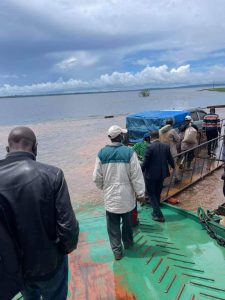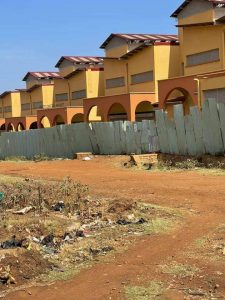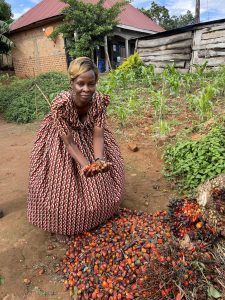
#OutToLunch Parliament, graduation and the opportunity for entrepreneurship
By Denis Jjuuko Last month, newly elected Members of Parliament took the oath of office at the parliamentary building in Kampala. Save for the elbowing co-wives and the clown from Arua, there wasn’t so much else. The majority of MPs and their relatives were elegantly dressed and they rocked the red carpet in the way it should be. I hope that the quality of debate will be as elegant as the dresses. However, something else caught my eye. Many of the MPs turned up with children below the age of 10. Since many of these MPs didn’t look like grandparents, I will assume that these were their offspring. The spectacle at parliament reminded me of some statistics that were being widely shared before MPs took oath. A recent population projections report by the Uganda Bureau of Statistics (UBOS) showed that 56.7% of Uganda’s population is below the age of 20. While those between the age of 20 to 29 represent 17.8% of the population. The MPs themselves largely fall in the age group between 30 and 50, which is 17.7%. No wonder many turned up with their offspring toddlers. Given that many of the MPs will see a significant increment in their monthly income over the next five years, many will be giving birth to a few more children. Besides MPs taking the oath, my social media timelines were filled with beautiful photos of young people in celebratory mood having been awarded academic certificates at the latest graduation ceremony at Makerere University — the country’s premium academic institution. Most of these young people are looking forward to a future that can enable them live the lives that they have been promised — study hard, graduate and everything will be fine. It used to be fine in the 1960s and 1970s. Today, these young people need more than academic certificates. The beauty though is that many of them will try as much as possible to get themselves where they want to be whether as maids in the Middle East, boda boda riders in Kampala or part of the government bureaucracy. Some obviously will end up as MPs. A young population as Uganda brings many challenges for the legislature and executive as they must find the jobs for those graduating and services such as education and healthcare for the children. This doesn’t mean that those who are above 50 should be ignored. MPs must not just look at themselves as they have largely done before. They were elected by young people to represent them and it is incumbent on them to think about the country first as the oath they took implied. They should also not forget that over the last few elections, the majority of MPs aren’t re-elected. The chances of being one-term MPs are high. As the arms of government grapple with those challenges, these statistics present opportunities for entrepreneurship. I know that the majority of the population live in abject poverty but there is a number that could afford certain services if priced right. Entrepreneurs should think about services that can attract this population group because 80.7% of the population is below the age of 35. If you started a business today, you can find affordable labour that is easy to skill given the number of people graduating. This can be a springboard for profitability and future growth. Government can use the numbers to attract foreign direct investment. Those interested in long term investments could think of the category that was graduating last week (age 20-29). As these people find the elusive jobs, they will most likely start by “dusting themselves” of poverty. They will go for expensive brands to show that they have arrived. Entertainment will boom and there will be little left for investment. The time for seriously thinking about investment will come when they are about 35 and above. When they have children of their own and some dreams long discarded as reality checks in. If you, therefore, invest in stuff that the middle class will need in 10 years, you will make a killing if you are a long term investor. Sectors such as housing, education, and transport will be necessary as these people become middle class. As they become middle class, another group between 40 and 60 which is 10.8% of the population will be either retired or retiring. They will have some retirement benefits that as an entrepreneur you may tap in. The writer is a communication and visibility consultant. djjuuko@gmail.com






